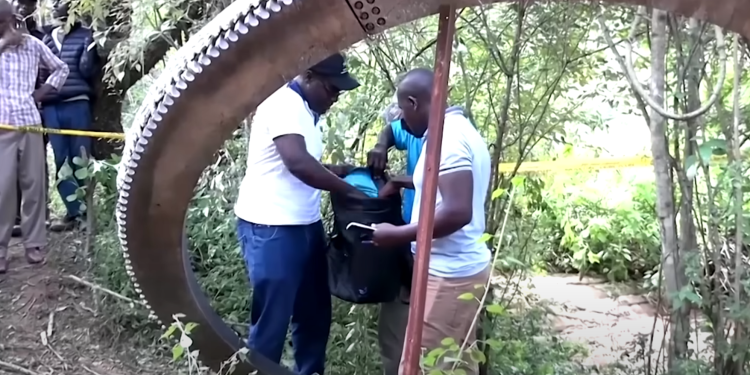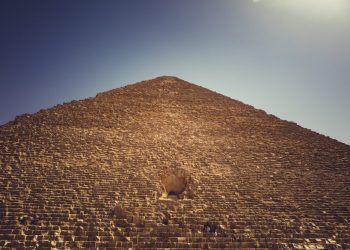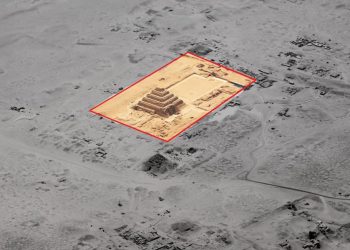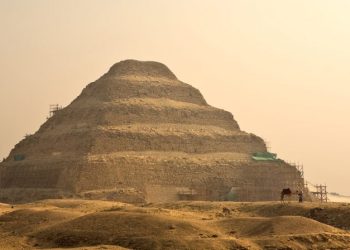On December 30, residents of Mukuku, a small Kenyan village located about 90 kilometers from Nairobi, encountered an unusual and potentially hazardous surprise. A massive 500-kilogram metallic ring, suspected to be part of a rocket, crash-landed near the community. Fortunately, no injuries were reported.
The 2.5-meter-wide object is believed to be a separation ring from a launch vehicle. On New Year’s Eve, experts from the Kenya Space Agency (KSA) visited the crash site to investigate. In an official statement, the KSA confirmed the object as space debris and assured the public that steps were being taken to identify its origin.
Growing Risks of Space Debris
“Preliminary assessments indicate that the fallen object is a separation ring from a launch vehicle (rocket). Such objects are usually designed to burn up upon re-entering Earth’s atmosphere or land in remote areas like oceans. This isolated incident will be investigated further within the framework of International Space Law,” the KSA stated.
While most space debris burns up upon re-entry, the increasing number of satellite launches, especially by companies like SpaceX for its Starlink program, is heightening the risk of debris surviving and falling near populated areas.
The recent incident in Kenya isn’t an isolated case. In 2022, debris from the SpaceX Crew-1 mission was found in Australia, and last year, a fragment of a SpaceX rocket landed on a Canadian farm. Additionally, a discarded item from an International Space Station (ISS) junk drop struck a house in Florida.
Addressing Safety Concerns and Legal Gaps
The KSA assured locals that the object posed no immediate danger. “Our experts will analyze the object, determine its ownership under existing frameworks, and keep the public informed about the next steps,” the agency added.
Despite existing regulations, space law remains underdeveloped. The Convention on International Liability for Damage Caused by Space Objects holds launching states “absolutely liable” for damages caused by their space objects. However, this framework often raises questions about accountability when private companies are involved.
This incident highlights the growing challenges associated with managing space debris. Kenya, a signatory of the Outer Space Treaty since 1984, recently launched its first Earth Observation Satellite, Taifa-1, and is considering re-establishing its own launch capabilities. With its proximity to the equator and a favorable eastward-facing ocean, Kenya could play a strategic role in the global space industry.











